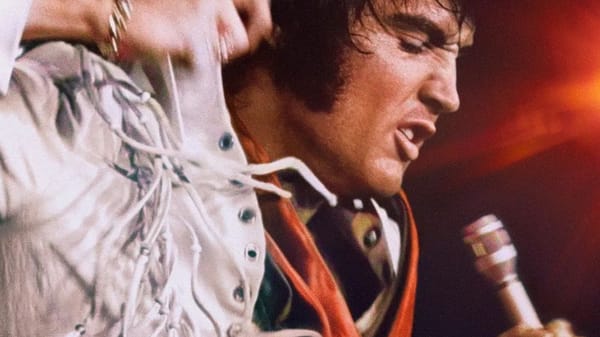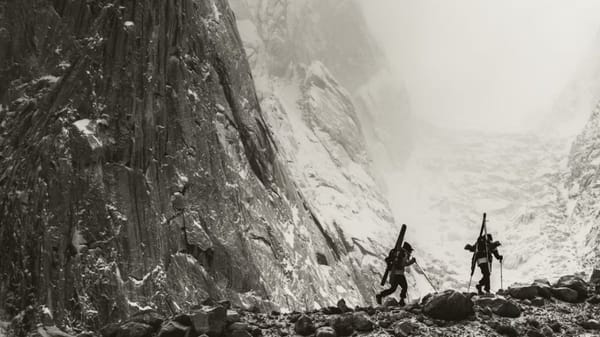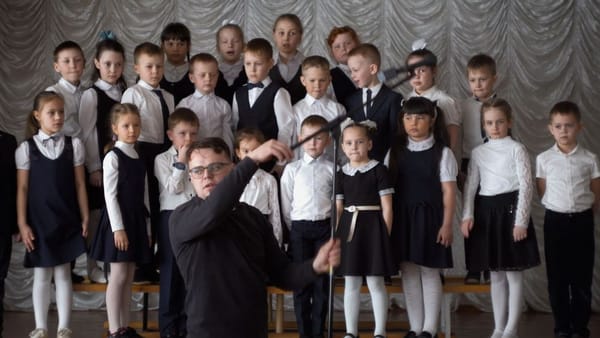Prime Minister (dir. Michelle Walshe and Lindsay Utz)
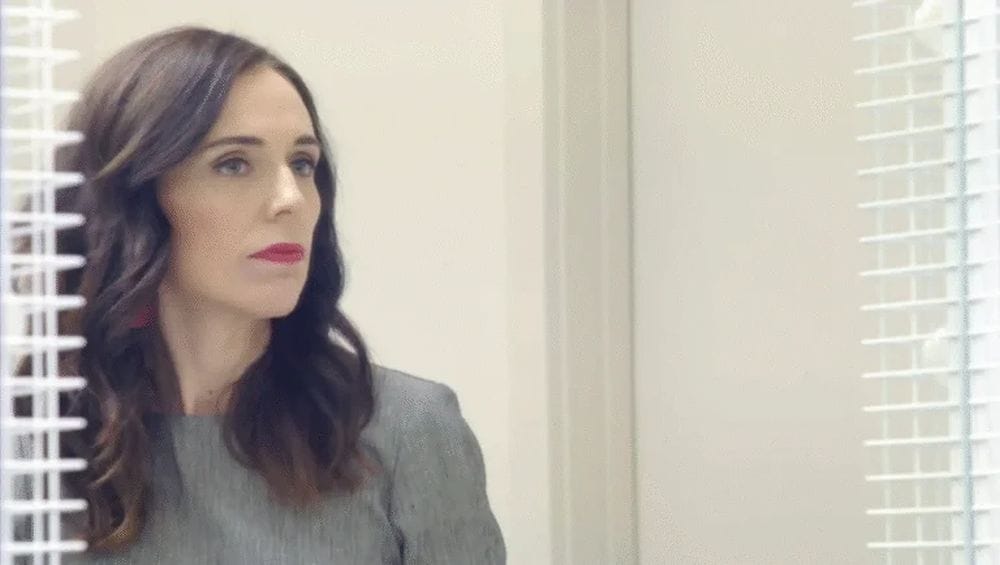
It’s curious to watch a film like Prime Minister in the very immediate shadow of this week’s American elections. Particularly so those in New York City, where a socially and politically progressive thirtysomething candidate who isn’t a cis white male turned a relatively quick-launch campaign into a majority win. Even from just over the Tasman Sea where this film is from, the idea of a genuinely progressive leader is something of a fantasy when it comes the major political parties. I honestly don’t know too much about the former New Zealand Prime Minister Jacinda Ardern, but it would at least appear that she led her country with a degree of compassion and genuine good will that Australia hasn’t seen in… well, I probably don’t even know how to finish that.
Which isn’t to say she is beyond reproach. Michelle Walshe and Lindsay Utz’s documentary could have probably stood to be more critical of its subject—it’s hardly RBG in the regard of letting its vaunted subject be, essentially, offered sainthood in spite of very serious lapses of judgment. But Prime Minister is still a documentary that is very clearly in Ardern’s corner from the get-go, as it has every right to be, and should probably be viewed with that context.
Thankfully, it’s pretty good! At its best, it’s a depiction of one woman’s rather incredible rise to the most important job in the land and the personal tenacity required of her to actually do the job through tragedies, emergencies and motherhood. From her time in political opposition for nine years and her spontaneous promotion to leader of New Zealand’s Labour Party in 2017 to her resignation in 2023 following a surge in violent backlash resulting from her response to COVID-19, Prime Minister does well to utilise Ardern’s refreshing candour throughout to illuminate on a job that saw her unenviably thrust to the forefront of international politics more than once.
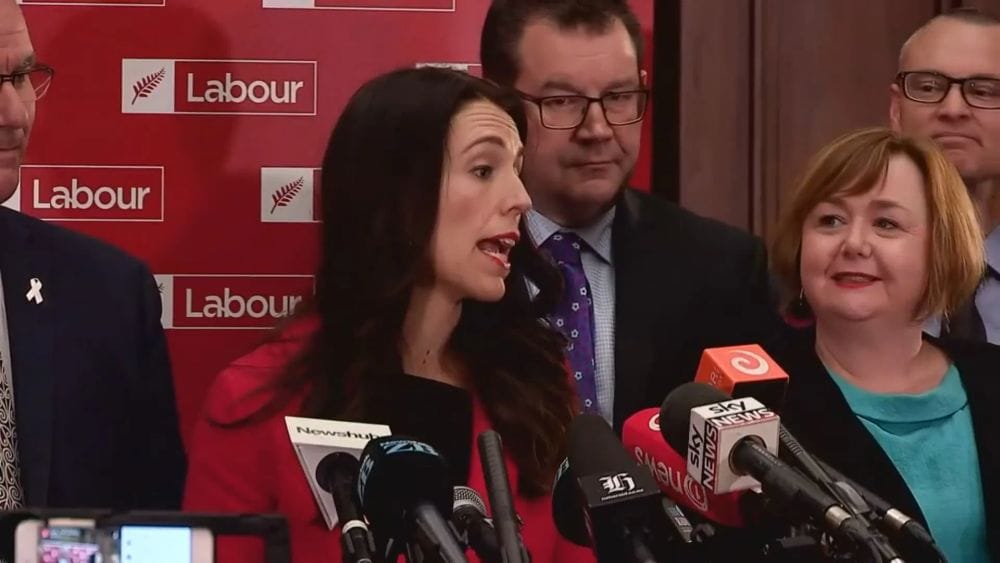
Perhaps at its most frustrating, the doc sees Ardern and New Zealand politics as a bit of a novelty act for international audiences to leer at. Watch as she walks to work through the park to work with only one security guard, or waits for the bus with her daughter, or attempts to breast feed as a baby in her office. Maybe I'm just projecting; viewing it through the lens of its having already played on HBO in the United States. Ardern is quite clearly pivoting professionally and a documentary that really inspects her policy legacy probably doesn't fit the brand. Ardern's message of inspirational resilience is one that, to be perfectly honest, I’m usually a bit allergic to. I was worried at first as we see her attend Cambridge and Harvard to give lectures that don’t really say anything particularly deep. You know, we’re all so hyper-partisan today, nobody can have the debate that is needed for good policy to occur. Et cetera et cetera. But by film’s end I did at least understand where she was coming from. If it's a political act, then she's a fine actor.
Walshe and Utz have at their disposal audio recordings taken as a part of a political diary project, something of an in-the-moment archiving project (I hope I got that right). These recordings are something of an ace in the hole for Prime Minister, a keen storytelling hook that lets us into Ardern’s thoughts and feelings at pivotal times of her time as leader in the immediate moment as it happened. While Ardern is typically there to offer a more contemporary recollection, it proves an ideal entryway into what she was thinking at the time before cameras were rolling. “I just feel sorry for myself listening to that because I just had no idea what’s coming”, she says after listening to one such diary. “Absolutely no idea.” I kind of wanted more.
We also get a surprising amount of Ardern’s hero, Ernest Shackleton. The resilience she sees in his mission is mirrored by her own to bring humanity and empathy to the suffering of many following dual tragedies: the mosque gun massacre and the volcano eruption of 2019. For something that could easily come off as hokey, it surprisingly works, used sparingly. Used too sparingly for some is the political dishing, largely relegated to a comment about Boris Johnson (“He’s gone full Churchill”) and passing duck-and-weaves about Donald Trump following their attendances at the United Nations. What did she think of Scott Morrison; I’d love to know!
“Optimism is true moral courage” is a line from Shackleton that Ardern quotes late in Prime Minister. If she hadn’t spent an entire documentary at least attempting to walk the walk then I’d have found it, and much of the speeches she gives, rather cloying. She seems to genuinely believe it. And, I guess, that’s what makes Ardern not just an interesting person but a worthwhile documentary subject. As politicians go, she seems genuine! And while Prime Minister is a largely one-sided take, it is a well-made one that illuminates somebody for whom politics was more than just a get rich quick scheme in the disguise of nobility.
If you would like to support documentary and non-fiction film criticism, please consider donating by clicking the above link. Any help allows me to continue to do this, supports independent writing that is free of Artificial Intelligence, and is done purely for the love of it.

